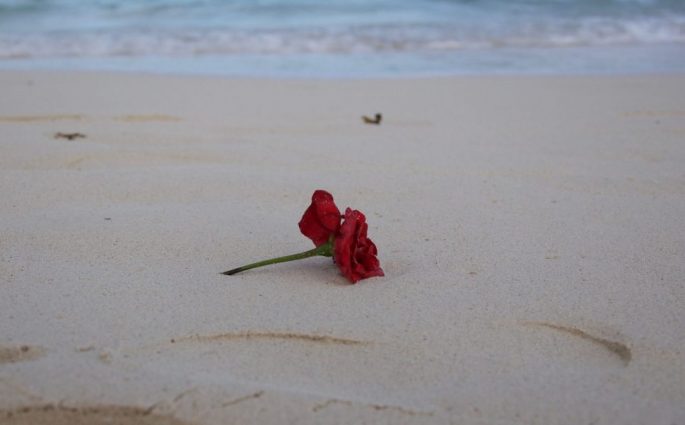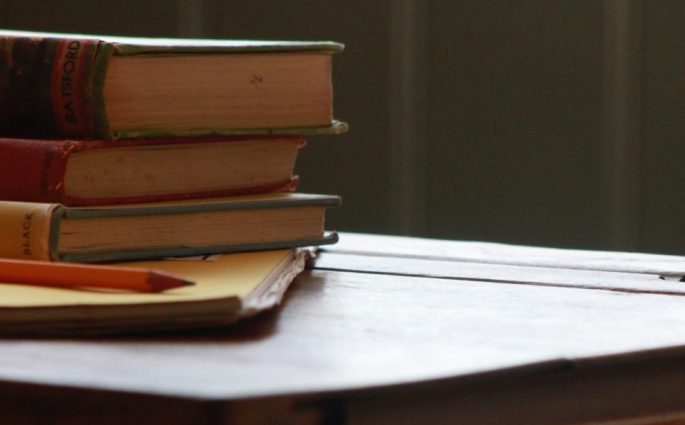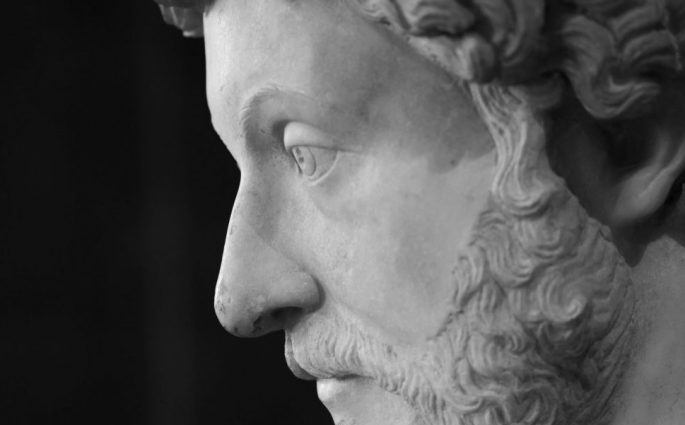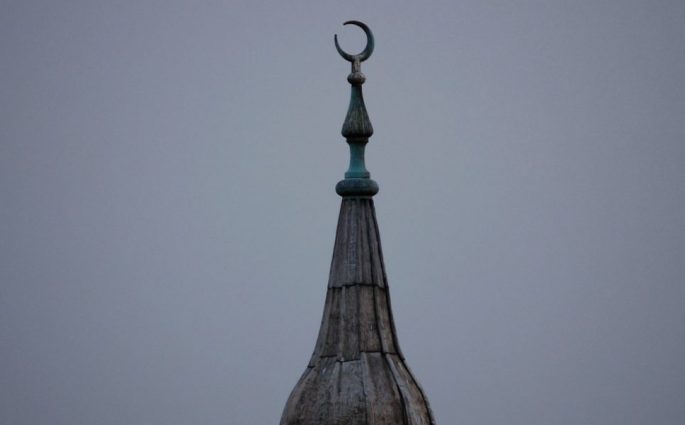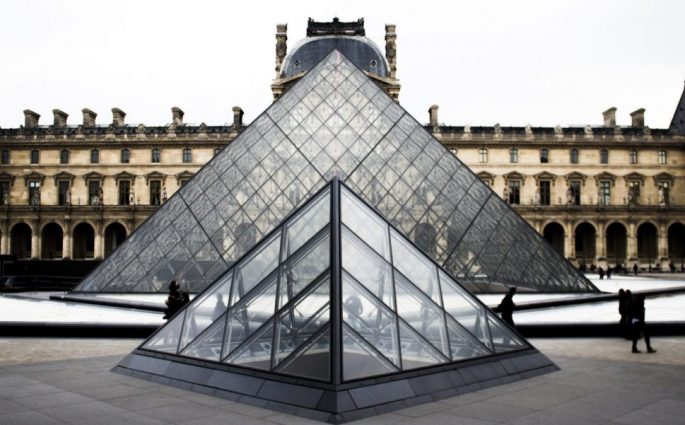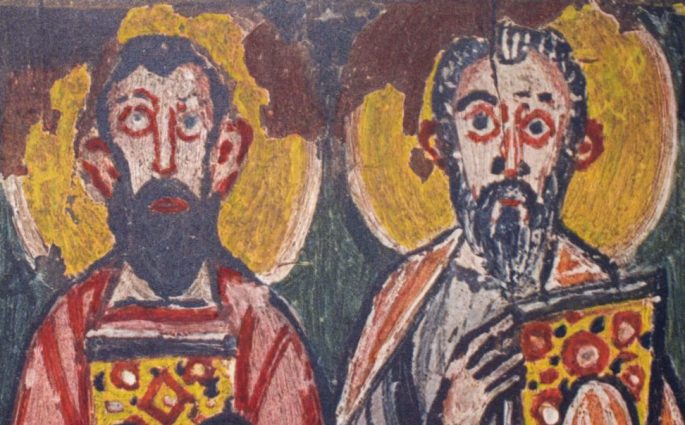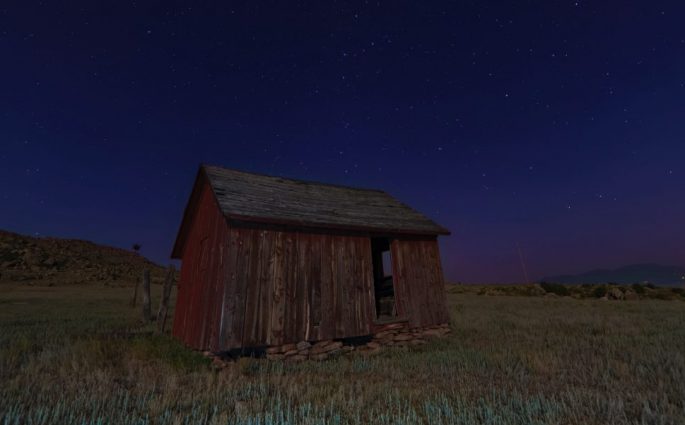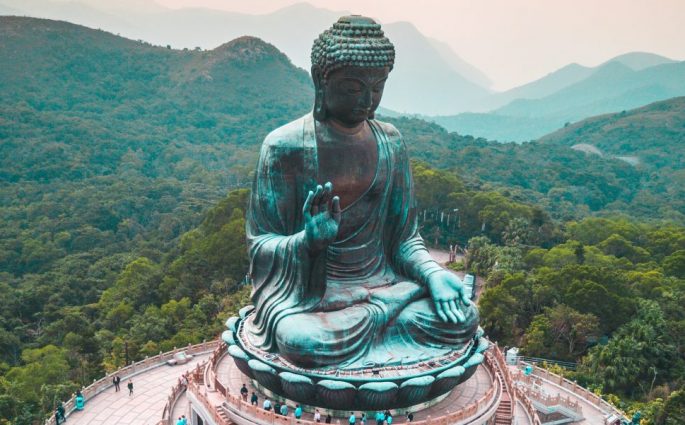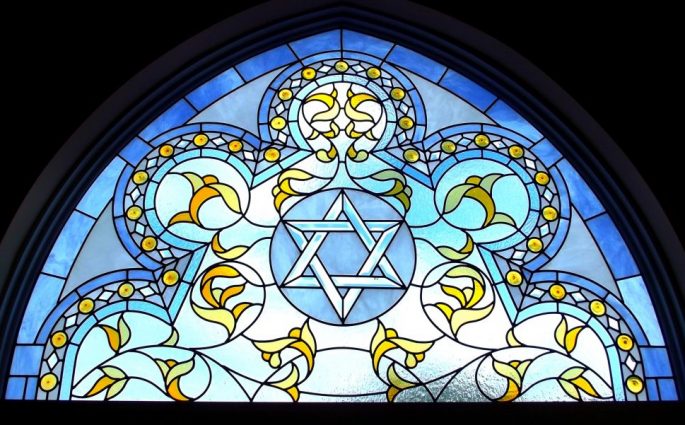A Tribute to Kiki Dimoula
On February 22nd, internationally-renowned Greek poet Kiki Dimoula passed away at the age of eighty-nine. One of Greece’s most beloved writers, Dimoula was decorated with the European Prize for Literature, the Greek State Prize, and the Kostas and Eleni Ouranis Prize, among other awards, and in 2002 she was inducted

